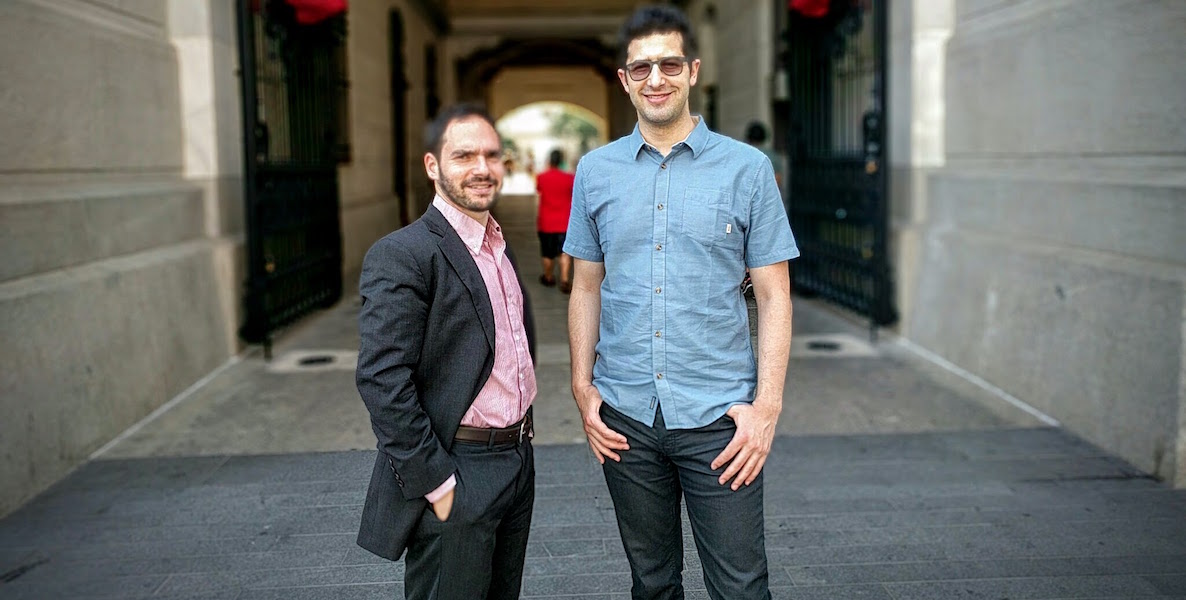There wasn’t anything unusual about this particular evening. Penn Psychiatrist Andrew Siegel was strolling home from work in Center City when a familiar thing happened: A homeless person asked him for money. And just like every other time this occurred, he felt an inner tug-of-war. On one side there was an urge to help, on the other apprehension about handing over cash.
He decided not to give, and continued on. That’s when things veered slightly from the norm. As he moved along down the road, he began to focus on the discomfort he was feeling. What was this ethical dilemma that plagued him every time he encountered a homeless person panhandling? He asked himself: Why do I feel so ambivalent about giving?
“It came to me that evening,” Siegel says. “I came to understand that the tension stemmed from the concern that I didn’t know where my money was going.”
What if the person misused it to buy drugs or alcohol? Wouldn’t that cause more harm than good? And more fundamentally, he was concerned that whatever help he gave wouldn’t result in long-term change.
So he started dreaming up a fix. “What could a potential solution look like?” he asked himself. “What would have to be accomplished to both satisfy a person’s short-term needs but also help them take the steps necessary to get off the street?”
Fast-forward a couple years, and Siegel has developed a solution that seeks to cover all those bases: an app called StreetChange.
Siegel wondered: Why do I feel so ambivalent about giving? “I came to understand that the tension stemmed from the concern that I didn’t know where my money was going,” he says.
He partnered with Dan Treglia, a researcher at Penn’s School of Social Policy and Practice, and Michael Brody, President and CEO of the Mental Health Association of Southeastern Pennsylvania (MHASP), to create the location-based smartphone tool that allows individuals to donate everyday goods to people experiencing homelessness while also connecting them with outreach programs in the city.
Here’s how it works: Outreach teams from MHASP hit the streets to meet with homeless individuals who may want to participate in StreetChange. Willing participants answer a few questions about themselves and provide a list of everyday items they need. Then they’re given a key fob that emits a signal when they’re within in a 100- to 150-foot radius of the app.

When a StreetChange user is in pinging distance of one of those key fobs, the app pops up with a photo, profile and list of 10 to 15 requested goods—anything from a toothbrush to socks to a haircut voucher. Then the user has the option to donate any amount of money toward those items via PayPal.
That’s when the second tier of help comes in: MHASP contacts the homeless person to let them know when they’ve received enough donations to purchase an item on their list. That person then goes into the nearest outreach center to pick it up. There they come in contact with caseworkers or peer specialists who can discuss with them strategies to achieve stable housing, healthcare and job training.
“We put the services and the funded item in the same location to increase engagement,” Siegel says. “[The person] can refuse services if they want, but the idea is that we’re making it more likely the engagement will happen.”
Thanks to a startup grant from the Barra Foundation, the app was launched in beta version in December. So far, 28 homeless people have been enrolled through MHASP and users have been actively donating.
Similar to apps like Instacart and Uber, StreetChange taps into the idea of the convenience economy, giving users the opportunity to accomplish a goal with just a few clicks on a smartphone screen.
“We wanted to make the process as easy as possible to potential donors,” says Siegel. “We made an assumption that to require people to carry anything more than what they already carry would limit the usability of the program.”
Everyone has a smartphone, and an internal study showed that users would happily include an app like StreetChange in their repertoire of phone icons.
In his research, Siegel found that 80 percent of people who work in Center City are asked for money at least three times a week. These same people said that they would be more willing to give if—like Siegel— they knew where their money was going, and if it was going toward some sort of systemic change.
Siegel and team are nearing completion of the six-month pilot program funded by Barra, which, along with hosting focus groups, has opened their eyes to ways they can improve the user experience.
The next step is to seek more funding and try to bring in stakeholders—people who are in the nonprofit, fundraising and venture capital realms who can help them take StreetChange, currently an LLC with plans to become a 501c3, to the next level.
When a StreetChange user is in pinging distance of one of the registered homeless individuals, the app pops up with a photo, profile and list of 10 to 15 requested goods—anything from a toothbrush to socks to a haircut voucher. Then the user has the option to donate any amount of money toward said items via PayPal.
They also need programming expertise. Siegel and Treglia both come from the social service world, which, while providing an integral perspective important to StreetChange, doesn’t do much good when it comes to creating the infrastructure necessary to improving the application.
StreetChange is still very much in its beginning, fledgling stages. Its basic functionality is intact, but it doesn’t have the polish of a commercial app. Plus, the database is small. At the moment, most of the clients are located in Center City, which means you won’t get pinged if you’re, say, in West Philadelphia or Fishtown.
“It’s at such an early stage that it’s not something I’m able to integrate into my daily life yet,” says Siegel. But having the process in motion has alleviated that ethical dilemma he struggled with on that night years ago in Center City.
“I’ve accomplished what I’ve set out to do,” he says. “Now we need to make a lot of small improvements—improve the usability so people have a good experience from the first time they use it.”
The app is currently available for free via the iTunes store—but only for iPhones. Siegel says they’re in the process of getting a version developed for Android.
If you’re interested in volunteering your services—or donating—to help StreetChange grow, email [email protected].
Header Photo: Andrew Siegel (right) and Dan Treglia, courtesy of Anup Sharma




